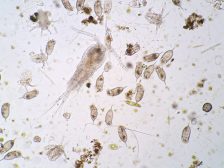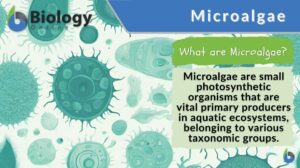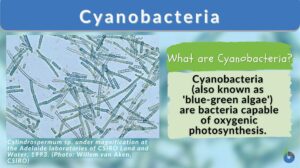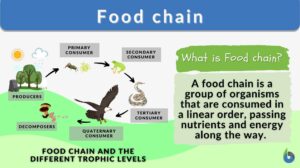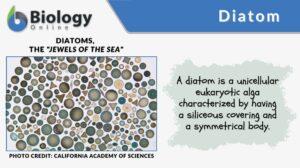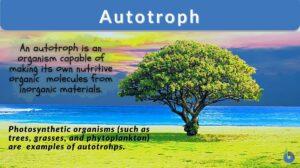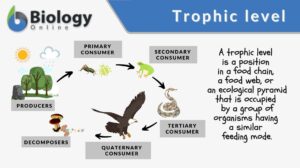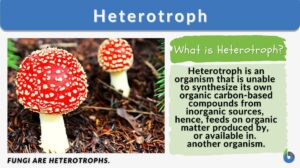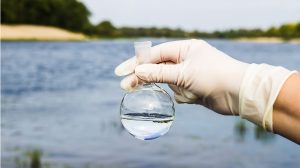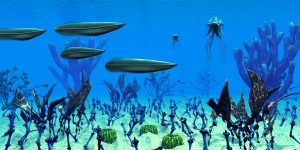Search Results for: phytoplankton
Phytoplankton
Definition noun Photosynthetic (plant-like) constituent of plankton, mainly comprised of unicellular... Read More
Freshwater Communities & Plankton
Plankton are microscopic organisms that live suspended in the water environment and form a very important part of the... Read More
Microalgae
Microalgae Definition Microalgae (singular: microalga) are microscopic algal species as opposed to other algae that are... Read More
Cyanobacteria
Cyanobacteria Definition Cyanobacteria is a group of photosynthetic bacteria widely distributed in various aquatic habitats... Read More
Bacterioplankton
Definition noun The bacterial component of plankton of aquatic ecosystems Supplement Plankton pertain to the small organisms... Read More
Zooplankton
Definition noun Animal or animal-like constituent of plankton, comprised mainly of freely floating protozoa, small... Read More
Primary productivity
Planet Earth is home to different types of life forms ranging from microscopic bacteria to giant whales and elephants. To... Read More
Mycoplankton
Definition noun The fungi or fungus-like component of plankton Supplement Plankton pertain to the small organisms that... Read More
Food chain
Everything is a cycle in life. The way organisms consume their food also follows a cycle. This is usually described as the... Read More
Unicellular
Unicellular organisms are organisms consisting of one cell only that performs all vital functions including metabolism,... Read More
Algal bloom
'''algal bloom An algal bloom is a relatively rapid increase in the population of (usually) phytoplankton algae in an... Read More
Diatomaceous earth
Definition noun A type of silica-rich dirt which is soft, fine-grained, porous, light-coloured, and composed of the... Read More
Trophic level
In ecology, a trophic level pertains to a position in a food chain or ecological pyramid occupied by a group of organisms... Read More
Heterotroph
Heterotroph Definition What is a heterotroph? Does a heterotroph make its own food? In biology and ecology, a heterotroph... Read More
Calvin cycle
Calvin Cycle Definition The Calvin cycle, also known as the Calvin Benson cycle or the dark reactions, is a series of... Read More
Photosynthesis
Photosynthesis is a physio-chemical process carried out by photo-auto-lithotrophs by converting light energy into chemical... Read More
Freshwater Ecology
Freshwater ecology focuses on the relations of aquatic organisms to their freshwater habitats. There are two forms of... Read More
Arthropods
There are over two million species of arthropods, who initially arrived on Earth in the middle of the Cambrian period.... Read More
Dinoflagellate
A dinoflagellate is a flagellate algae characterized by their two flagella of unequal length. One of the flagella is lying... Read More


